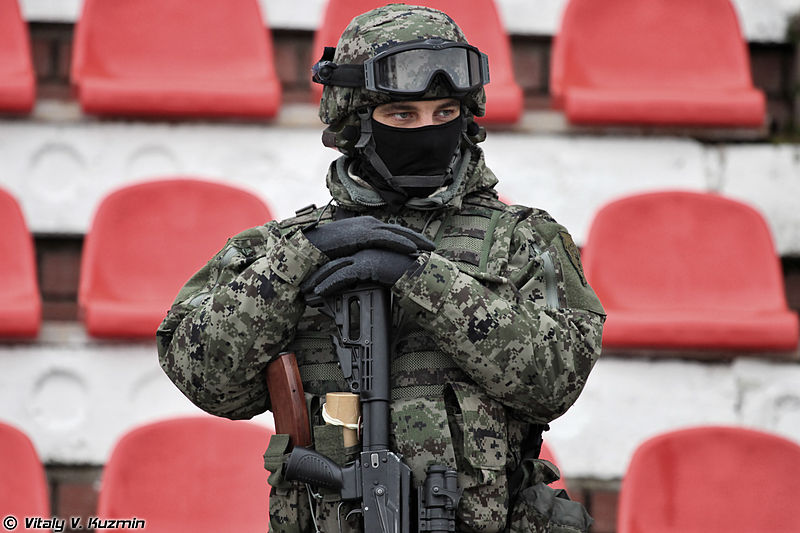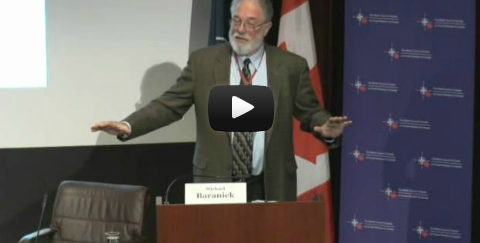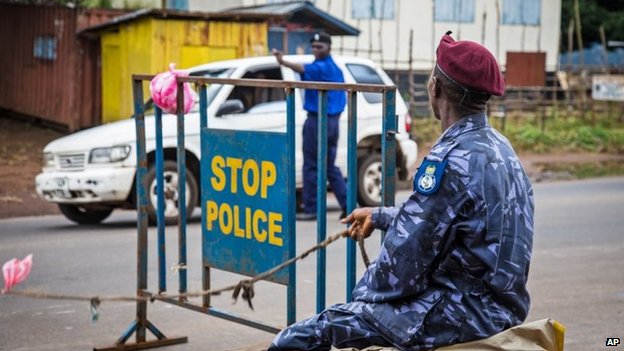By Serhii Dzherdzh
2012 is rich in dates and events that commemorate Ukraine-NATO relations, above all the 20th anniversary of Ukraine’s first contact with the North Atlantic Alliance. January 22-23, 1992, NATO Secretary Manfred Woerner first visited Kyiv and Ukraine was invited to join the North Atlantic Cooperation Council (NNCC). It was then Ukraine started to actively collaborate with NATO and joined NNCC on March 10, 1992.
Manfred Woerner was NATO’s seventh Secretary General – and the first from Germany. He was also the one who discovered Ukraine for NATO and vice versa. The anniversary of his visit prompts one to analyze the evolution of the Ukrainian state and its role in the formation of a solid European and global security system.
It is worth reminding oneself of President Viktor Yanukovych’s Edicts “On Measures to Prolong Constructive Cooperation between Ukraine and the North Atlantic Treaty Organization” (No. 1039/2010, November 18, 2010) and “On Matters Relating to Ukraine’s Partnership with the North Atlantic Treaty Organization” (No. 266/2011, March 3, 2011). Both make it clear that this constructive partnership is a priority in Ukraine’s foreign policy aimed at security.
An analysis of the steps taken by Ukraine to implement the Annual National Program in 2011 shows that Ukraine’s strategic partnership with NATO has been preserved and expanded. In other words, the Ukrainian state continues to honor its international obligations and remains a predictable and reliable partner.
In the first place, the 20th anniversary of Ukraine-NATO cooperation indicates that this cooperation helps strengthen Ukraine’s national security and consolidate Ukrainian society, considering that the notion of security is understandable to all residents of Ukraine. NATO’s principles imply security achieved via consensus and understanding.
It is very important to explain to the general public the way Ukraine-NATO cooperation will benefit the man in the street. Various social strata must know and understand precisely which tools of this cooperation they can use. Those in power and experts should make every effort to spread information about NATO and the positive aspects of this cooperation through the media.
This year’s NATO summit will take place in Chicago, toward the end of May. President Yanukovych of Ukraine will hopefully attend it. The thing is that the Chicago summit is a landmark in NATO history, considering that the Alliance’s summits aren’t held as frequently as those of the European Union. This summit will outline new long-term regional and global security priorities. Among the items on the agenda will be the withdrawal of the peacekeeping forces from Afghanistan and transfer of the peacekeeping and law-and-order responsibilities to the Afghan army and police in 2014. NATO, EU, and the US are expected to donate 4-5 billion dollars annually as aid to Afghanistan after the withdrawal of the peacekeeping troops. Ukraine could also take part in the rebuilding of Afghanistan’s economy and help that country by training military personnel.
The summit will also discuss the situation in the Middle East; Arab Spring; public unrest in Syria, Bahrain, Yemen, and Egypt; inadequate national security in Libya; Persian Gulf; Istanbul Cooperation Initiative (as a possibility of enhancing the Mediterranean dialog and cooperation with NATO).
Apparently the summit will discuss Europe’s missile defense system and its prospects. Possibly the first stage of the missile defense project will be proclaimed ready and functional. There are the US-Poland and US-Turkey agreements on the matter. Command and control centers will be the top priority, followed by a larger number of missile defense facilities.
In fact, Europe’s missile defense system may give a fresh impetus to the nuclear weapons reduction issue – something Ukraine has always supported as the world’s only country that rid itself of nuclear armaments.
Most likely, this summit will discuss how to adjust the NATO countries to the budget restrictions while retaining the Alliance’s security potential – in terms of smart defense (e.g., specialization, priorities, cooperation). The ongoing crisis makes one look harder for options. This, in turn, gives rise to fresh initiatives that end up yielding practical results. Today one needs innovative approaches by using the available funds more effectively rather than asking for more.
NATO is an intergovernmental organization. It will be the architect of changes that will occur in the member countries. The Chicago summit will most likely urge their governments to combine efforts to rationalize their resources and step up multilateral cooperation in making foreign inland investments in major rather than minor projects, coordinating each such project with the EU, lest they get in each other’s way. Interoperability has been a criterion of efficiency over the past several decades. It is especially important today.
NATO will certainly focus on antiterrorist missions, particularly on Operation Ocean Shield. Ukraine ought to join this operation, for this would serve its national interest. Every day between 50 and 80 thousand Ukrainians board ships as members of multiethnic merchant ship crews across the world. Ukrainians rank third as the world’s merchant crew members, after China and the Philippines. This makes NATO’s anti-piracy initiative especially important for Ukraine. NATO member countries, including the US, are curbing defense budget appropriations. This year the Alliance will lower such spending by one billion dollars, whereas military budget appropriations will increase by six percent across the world, especially in China. Russia says it will double its defense budget. India will have to increase it by 1.5 times in view of the regional instability. NATO thus needs intensification and better efficiency. Smart defense can be secured by combining realistic and creative approaches.
What about Ukraine? How much should it pay for its national security and defense, facing its potential adversary? Its non-bloc status spells aloofness, being exposed to threats and unable to cry for help when under attack. This status is like being secure in an orphanage when one is exposed to others’ aggressive intentions – in this case Ukraine’s economy and statehood.
One of Ukraine’s recent major domestic political events was the appointment of Andrii Kliuiev as Secretary of the National Security and Defense Council, among other reasons to help enhance this country’s national security. There is enough time for Ukrainian statesmen and politicians to prove themselves as innovative architects of a secure Ukrainian nation-state and go down in history as noted reformers, like the German politician and military leader Manfred Woerner.
Contributing from Kyiv, Serhii Dzherdzh is a candidate of Political Science and head of the Ukraine-NATO Civic League
Disclaimer: Any views or opinions expressed in this article are solely those of the authors and the news agencies and do not necessarily represent those of the NATO Council of Canada. This article is published for information purposes only.



